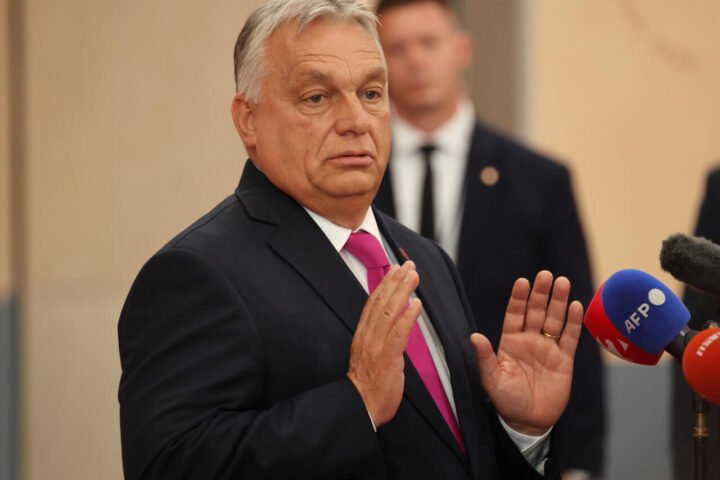Belgium’s Interior minister Bernard Quintin (MR) has finalised a plan to merge Brussels’ six local police zones into one unified command, headed by a single police chief. The proposal, outlined to Brussels mayors on Tuesday, aims to address the long-standing fragmentation of policing in the capital – an issue that has taken on added urgency amid rising drug-related violence that crosses municipal boundaries.
The centralised command would make operational decisions in coordination with the judiciary and a police board composed of the 19 mayors and the minister-president of Brussels. While the mayors will retain a key role in local deployment, a royal decree will set minimum standards for neighbourhood policing in all municipalities. A separate metropolitan police force is also planned for the Brussels metro network.
Despite the reforms, some mayors have pushed back, warning that the merger could weaken community policing. They argue that emergency co-ordination is already in place for major incidents, citing recent shootings and New Year’s Eve operations. Quintin has pledged to meet with each mayor individually to build support, and aims to have the legal framework in place by the end of 2025, with the single force up and running by 2027.
New funding model
The plan includes a new funding model to replace outdated federal standards and promises debt relief for Brussels police zones. Financial incentives will also be revised to encourage similar mergers across the country.
While French-speaking Socialist Party (PS) MP Ridouane Chahid has already condemned the proposal as a threat to local policing, Flemish-speaking socialists from Vooruit.brussels have expressed their support, citing the urgent need for reform and greater investment.










